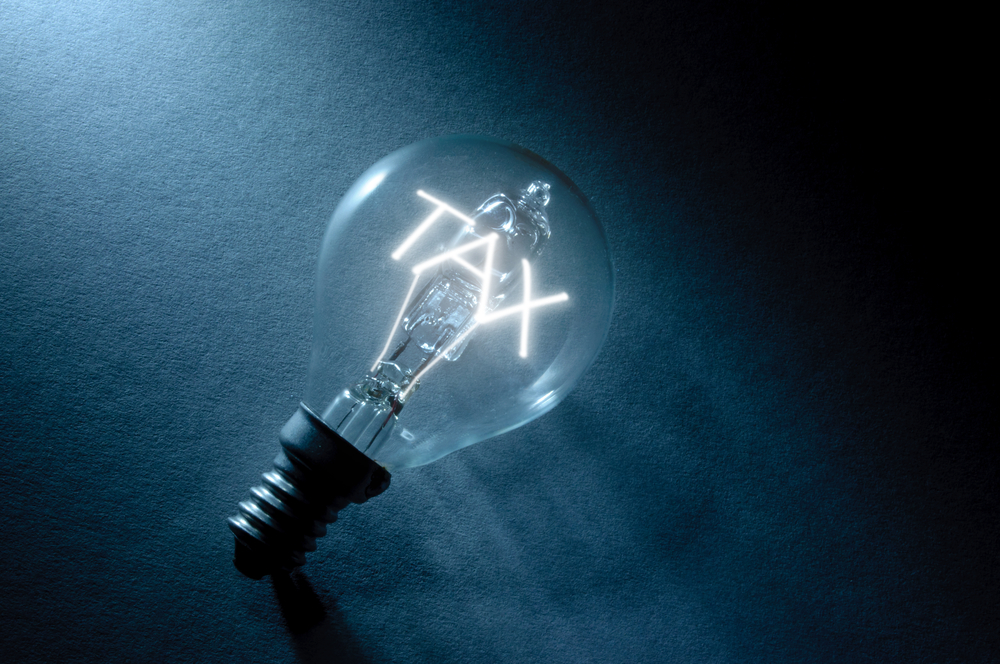30 June tax planning generally focuses on three things:
1. reduce income
2. increase deductions
3. accessing lower tax rates
Before implementing any strategies, it is important to estimate your taxable income and projected tax for the year and consider what you think your income and tax will be next year.
Many tax planning strategies involve pushing income to the following year. Those types of strategies work best if your income this year is higher than what you expect it to be next year. If the reverse is true, these strategies may not be wise.
Below is a list of opportunities that may be relevant to reduce your 2020 Tax if you act before 30 June
Business Income and Deductions
1. Lump Sum Superannuation Contributions
Superannuation paid and received by the superannuation fund before 30 June is tax deductible. There is a contribution cap of $25,000 per individual which includes any super (ie compulsory 9.5%) paid by an employer. Be aware that super funds usually specify that they need to receive monies before the last minute to allow processing time so check with your fund if you are looking to contribute in late June
2. Review and Write off Bad Debts
If there is little or no likelihood of a customer paying an outstanding debt, it can be written off as a bad debt which reduces profit.
3. Delay Issuing Invoices
This is particularly relevant if you usually send out interim invoices for jobs which are partially completed. You can consider invoicing for the completed job in July meaning that your June invoicing will be lower than usual.
4. Review 30 June Inventory items
Do you have any inventory that is obsolete or damaged that you are likely not going to be able to sell? These items can be valued at significantly lower values or even written off thereby reducing profit.
5. $150,000 Instant Asset Write Off
Any equipment purchased up to $150,000 or motor vehicles up to $57,581 purchase before 30 June can be claimed as a tax deduction in the year you purchased the item rather than depreciating it over a number of years.
Please note that the amount spent is not the amount refunded to you by the ATO. If your tax rate is 30% and you spend $30,000 on some equipment your tax saving will be 30% of $30,000 (or $9,000) not $30,000
Also note that if you purchase a motor vehicle that is only used partly for business you may only receive part of the tax benefit, depending on the structure of your business.
6. Prepayments
One way to reduce your business profit is to prepay some deductible expenses before 30 June that you would normally pay next year. Expenses such as insurance premiums, rent and interest on loans are common types of expenses
7. Review your depreciation schedule
When did you last look at your depreciation schedule? There may be a number of items listed that you no longer have that can be written off or scrapped. Whatever the written down value is as at 30 June 2020 will become a tax deduction if an item is written off or scrapped.
Be Aware – Except for number 1 above, if you use these strategies the reduction in profit this year will be offset by an increase in your profit next year (ie you are pushing profits from this year into next year)
Personal Income and Deductions
1. Lump Sum Superannuation Contributions
If you are employed you are no longer restricted to using salary sacrifice to make tax deductible contributions to super. You can now make a lump sum tax deductible contribution direct to your super fund form your personal savings.
Superannuation paid and received by the superannuation fund before 30 June is tax deductible. There is a contribution cap of $25,000 per individual which includes any super (ie compulsory 9.5%) paid by an employer. Be aware that super funds usually specify that they need to receive monies before the last minute to allow processing time so check with your fund if you are looking to contribute in late June
2. Prepayments
One way to reduce your income is to prepay some deductible expenses before 30 June that you would normally pay next year. Expenses such as premiums on income protection insurance and interest on loans are common types of expenses
3. Manage Capital Gains
If you’ve made a capital gain this year, review your portfolio to see whether it is worth selling any investments at a capital loss to offset the gain. Please note, you can’t just sell an asset to trigger a loss, then buy it back. The ATO have indicated they are on the look out for this type of activity and will disallow any losses generated
4. Deduct home office expenses
Don’t forget this one. When part of your home has been set aside primarily or exclusively for the purpose of doing work from home, costs such as heating, cooling and lighting and depreciating your office equipment can be claimed.
The ATO allows 52c per hour for certain home office expenses so keep a record of how many hours you work from home.
Due to the current COVID situation, the ATO have increased this rate to 80c per hour from 1 March to 30 June However, you can’t claim occupancy expenses such as mortgage interest, rent, and insurance and rates unless you conduct a business from your home.
5. Prepay private health insurance
If you are expecting a pay increase which could put you into a higher health insurance tier this will reduce the Private Health Insurance rebate that you will receive. In this situation, prepaying your health insurance is worth considering – speak to your health insurance company







